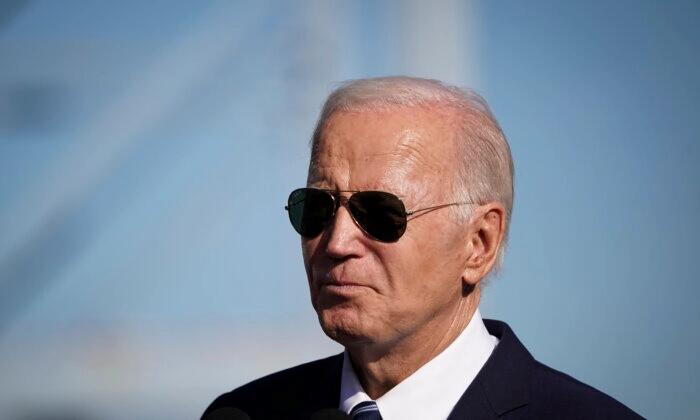The Biden Administration has issued a new rule that bans all medical bills from consumer credit reports, marking the culmination of years of policy efforts. While the rule stands to benefit some consumers, policymakers should be attentive to responses by lenders and health care providers that could undercut policy goals.
The new rule, announced by the Consumer Financial Protection Bureau, is motivated by the concern that medical bills may not always reflect creditworthiness. Instead, they argue these debts may stem from billing errors or the unpredictable nature of health care expenses, unfairly penalizing consumers.
While accurate to some degree, it is also undoubtedly true that a large share of these debts are legitimate unpaid bills—a conclusion that is consistent with reports showing around half of cost sharing goes unpaid by commercially insured patients. Moreover, the typical medical collection on credit reports is around $300, which can be incurred outside of unexpected, catastrophic events many policymakers appear to have in mind.
Given these realities, policymakers should be aware of potential reactions by health care providers and lenders to the new policy.
By design, removing medical bills from credit reports lowers the consequences of unpaid bills to consumers, which could reduce the already low rate at which patients pay health care bills. To this point, a recent randomized control trial found medical debt forgiveness led to a modest decrease in payment of medical bills.
In response, health care providers are likely to seek more upfront payment. The fraction of consumer cost sharing collected ahead of care by hospitals has recently increased to 23 percent. I anticipate this will increase moving forward. While this could improve price transparency in health care markets, it also may reduce access for those who currently do not pay medical bills.
Policymakers have also noted the sharp rise in medical credit cards—credit products offered by health care providers at the point of service. These cards allow providers to collect payment immediately while the card issuer takes the responsibility for securing payment from the patient. Between 2013 to 2023, the number of cardholders for just one notable medical credit card grew from 4.4 million to 11.7 million. The new rule is likely to amplify this trend, partly offsetting the intended benefit to consumer finances.
Policymakers should consider potential reactions by lenders as well. Even if medical collections are less predictive of future repayment risk than other derogatory marks, lenders may still consider them valuable signals. If so, removing them from credit reports obscures a perceived source of risk but does not eliminate it.
In response, lenders could proxy for unobserved risk by placing higher weights on non-medical collections or other delinquencies, raising the cost of borrowing for consumers with those flags on their credit reports. It is unclear whether this would be preferable to the status quo. Alternatively, they could increase borrowing costs across all consumers or adjust lending behavior in settings where unobserved risk is deemed significant.
It’s easy to understand why policymakers are keen to alleviate the effects of medical debts on consumer credit profiles, but they should be mindful of likely responses by market actors that may undercut the potential benefits of this new policy.
Benedic Ippolito is a senior fellow in economic policy studies at the American Enterprise Institute. His research focuses on a variety of topics within health economics, including the pharmaceutical market, Medicare Advantage, provider pricing, and the role of health care costs in the personal finances of Americans.
